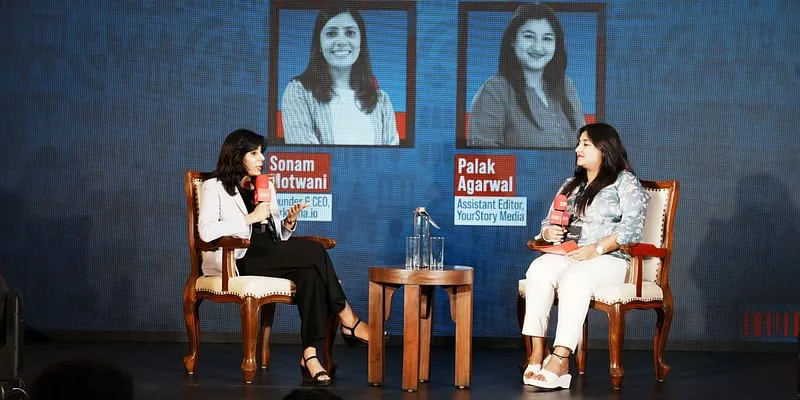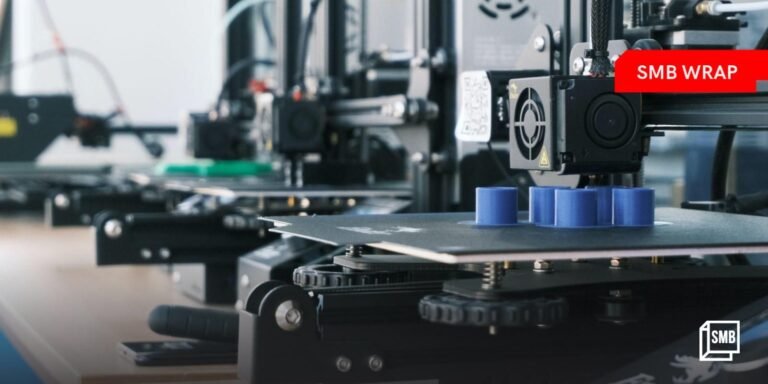The manufacturing sector performs a pivotal function in India’s financial growth, accounting for roughly 16% to 17% of the GDP. With India gaining worldwide consideration as world corporations discover diversifying their manufacturing operations within the nation, there’s a urgent want for additional developments.
In our current exploration of the manufacturing business, SMBStory delved into the profound influence of the China+1 technique and the implementation of Commonplace Working Procedures (SOPs) and data-driven approaches in fortifying this important sector. Right here’s what we lined.
China+1 technique

The Indian business is gaining manufacturing momentum, benefiting from world corporations rethinking their provide chains and diversifying manufacturing.
With low labour prices and business-friendly insurance policies, India is positioning itself as a profitable possibility for world corporations seeking to diversify operations by establishing a further manufacturing base outdoors of China.
The China Plus One technique, or C+1, has gained significance amid world shifts and issues over extreme reliance on Chinese language manufacturing. Triggered by the US-China commerce struggle and COVID-19 disruptions, international locations like Vietnam, Taiwan, Bangladesh, Malaysia, Saudi Arabia, and notably India are benefiting. India stands out resulting from International Direct Funding (FDI) laws encouraging native partnerships and joint ventures, in keeping with consultants.
Learn the complete story right here
The factories of future

Talking at YourStory’s occasion TechSparks in Mumbai, Sonam Motwani, founding father of Karkhana.io on speaking in regards to the manufacturing sector mentioned that the dearth of managerial and technical expertise in addition to a scarcity of a data-driven method is a major hurdle within the development of micro-enterprises within the manufacturing sector
She identified that over 80% of producing institutions are micro-enterprises, but they face useful resource challenges. Motwani underscored the prevalent aversion to a data-driven method in India, the place selections rely closely on expertise relatively than information. Regardless of the business’s aspiration for Trade 4.0, MSMEs grapple with fundamental information seize, impeding their comprehension of demand and machine productiveness.
Learn the complete story right here
Different high tales of the week
Oorla

Earlier this month, Oorla, a sweets and savoury model from Coimbatore, exhibited its merchandise in Denver, Colorado. Guests, most of whom had been from India, mentioned the product lineup made them really feel nostalgic in regards to the time they spent again house. For Co-founders Saravana Kumar Mohanraj, Prabhakaran Balasundharam, Arvindh Saravana Bhavan, this vote of approval makes their journey to entrepreneurship, which started in 2021, successful.
The idea of introducing South Indian delicacies to the worldwide market originated from Gayathri Devi Ganesan, a resident of the US, who collaborated with the trio to launch the enterprise. Mohanraj reminisces that the inaugural second was throughout Diwali 2021 after they despatched their first product, a mixture of 10 distinct South Indian sweets and savouries, to Texas. The response was distinctive, with roughly 850 orders dispatched inside 30 days, marking the outset of their enterprise.
Up to now, Oorla has dispatched over 50,000 orders. The corporate says it’s going to seemingly shut FY24 with a income of Rs 14 crore and that it has been worthwhile because the starting.
Learn the complete story right here

